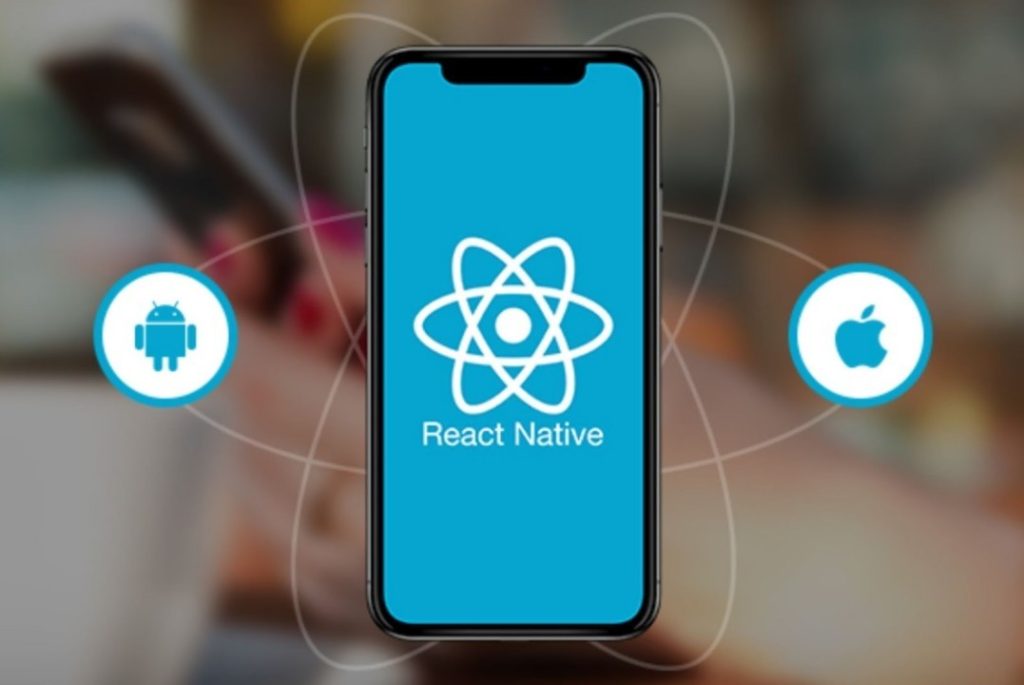Picking the proper application framework is vital. It’s going to determine the costs as well as the duration and experience of the app.
Native applications are specifically designed for a platform and continuously updated to provide flawless, error-free operation. This is an expensive and lengthy procedure.
Facebook developed React Native React Native, a framework that comes with its pitfalls. This might make the framework more susceptible to changes coming from Facebook or even Apple and Google.
Mobile App Development Comparison
If you are a startup bringing your product to the market A hybrid framework that blends the best of both worlds is a smart decision. Thousands of apps are built with React Native, including Facebook, Instagram, Airbnb, Pinterest, Spotify, Skype and TikTok.
In these cases, the cross-platform features of RN, as well as the advantages that go along with it-such as hot and live reloading-are more attractive than the hassle of building two different code bases for each platform. Also, they must be able to upgrade the application swiftly. And the speed of RN’s app is an important factor in attracting customers.
For Walmart, whose e-commerce application makes use of React Native for iOS and Android The ability to reuse 96 percent of the same program and provide high-performance results is enough to convince Walmart to use RN instead of native development. Some applications still require the superior efficiency that native technology can offer –particularly ones with complicated graphics and heavy data processing. The good news is that native modules can be used to add the necessary support needed for these types of applications.
Choosing Between React Native and Native Development
React Native is a cross-platform platform framework that has emerged as the new alternative for mobile app developers. It lets developers build apps that work on Android as well as iOS by using identical code, thereby saving the time and cost. It also supports hot reloading this can speed up the development time and enhance its performance. The most popular digital platforms, like Facebook and Instagram utilize React Native.

React Native applications are created in JavaScript, and they can make use of the hardware and software of the device to provide a user experience that is close the native experience. It means that they load faster, run in less memory, and have smaller downloads over traditional web-based applications.
But, certain features in a native app may not work in React Native apps, such like the microphone and camera react native app development services. In addition, React Native apps can experience issues in performance when developing complex animations and various other features that require data.
Cross Platform vs. Native App Development
When you decide on which approach to choose for your mobile app there are numerous things to think about. First, you need decide if cross-platform or native is the most appropriate choice for your app. Native apps are faster as well as are more consistent with operating systems. They can also access underlying OS resources such as APIs, native modules and other resources that are exclusive to every platform.
React-Native is a free cross-platform framework that allows creators to design applications that feel and look similar to native mobile applications. It’s utilized by many popular apps, including Discord, a communication and gaming application that allows gamers to connect via audio, video and text chat. React-Native also helps make on-demand app services including ride-hailing, food delivery companies.
One of the primary benefits of React-Native is that it can cut down time for development and also costs when as compared with native applications. React Native is built using a single base of code and has support for hot reloading making it simple to change the app without having to recreate it.
Pros and Cons of React Native and Native Development
The framework you choose for your mobile app could determine its development. There are so many choices available there are a lot of options to figure out which is the best fit.
React Native offers many advantages against other mobile application development platforms such as a less expensive price and the ability to work across platforms. It is, however, important to know its limitations and potential problems before deciding.
The main issue with React Native is the fact it is based on JavaScript which is susceptible to bug. As a result, React Native apps require more thorough testing than would otherwise be necessary with a native app.
Another problem associated with React Native is that it requires bridges for access to native APIs. This could reduce performance, and lead to incompatibilities among devices.
Then, React Native is built by Facebook and could shift its focus or stop providing support to the platform at some point in the near future. This could be an issue for those who want to stay away from the vendor of their choice.

